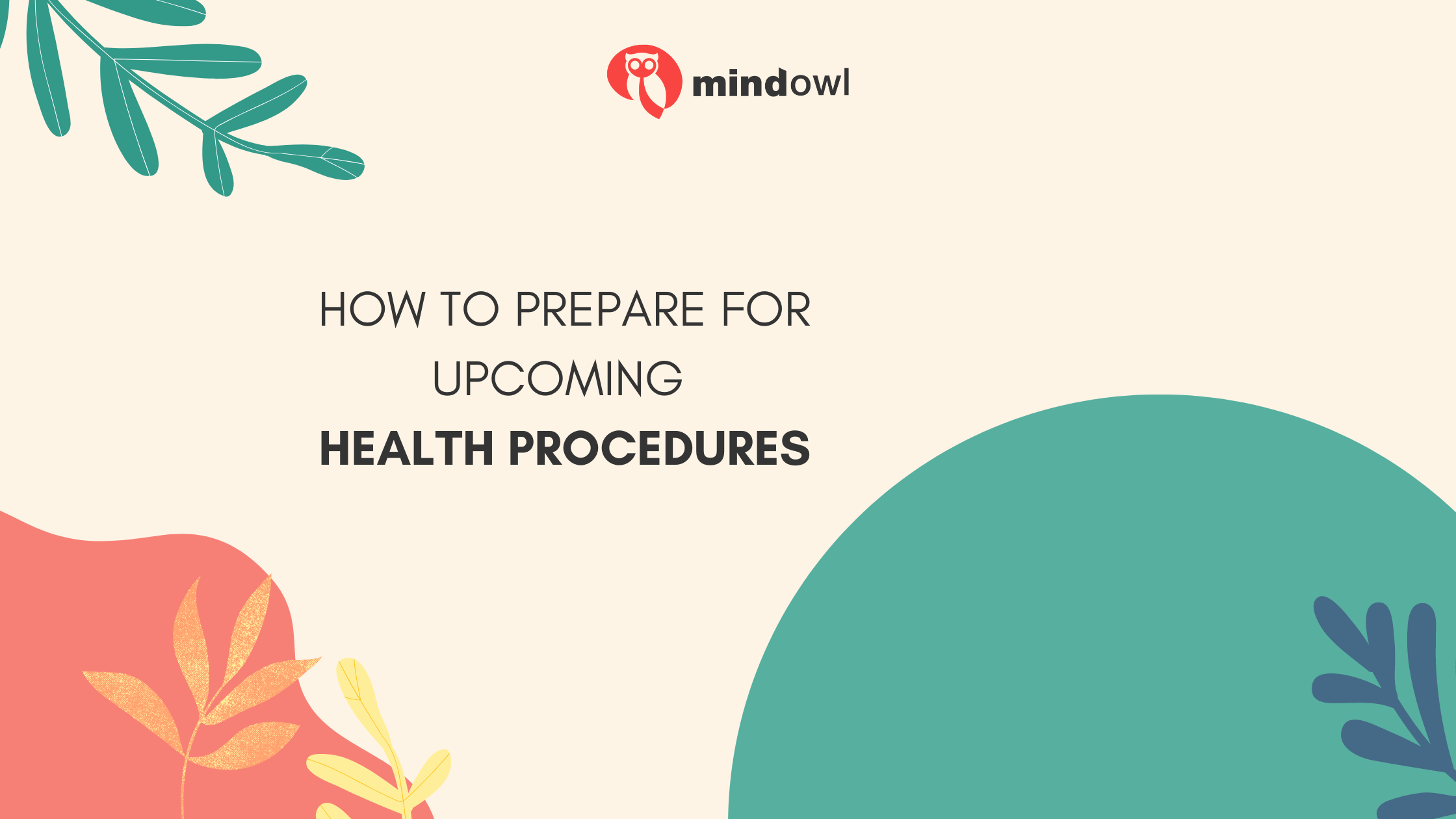Preparing for a health procedure can be a daunting task, but proper preparation is key to ensuring a smooth and successful experience. Whether you’re scheduled for a routine operation or a more complex intervention, understanding the steps involved and the measures you need to take will help you feel more confident and reduce potential stress. This guide will provide comprehensive insights into how to effectively prepare for your upcoming health procedures, from gathering information to managing your well-being.

Understanding the Procedure and Its Requirements
Before undergoing any medical procedure, it’s crucial to have a thorough understanding of what it entails. Begin by discussing the details with your healthcare provider. Ask about the purpose of the procedure, what it involves, and any potential risks or benefits. For complex procedures, such as the TAVI procedure, which involves transcatheter valve implantation, understanding the specifics can help you manage your expectations. Your provider will explain the procedure’s steps, preparation requirements, and recovery process, ensuring you are well informed and ready for what’s ahead.
Next, familiarize yourself with the pre-procedure instructions. These might include dietary restrictions, medication adjustments, and the need for fasting. Adhering to these guidelines is essential for the success of the procedure. If you have any questions or concerns about these instructions, don’t hesitate to reach out to your healthcare team. They are there to support you and ensure that you follow the correct protocol for your specific procedure.
Financial and Insurance Considerations
Handling the financial aspects of a health procedure is another important step in the preparation process. Check with your insurance provider to understand your coverage and any out-of-pocket costs you may be responsible for. Ensure that you have a clear understanding of what is covered under your plan and what is not. This will help you avoid unexpected expenses and plan your budget accordingly.
In addition to insurance, consider discussing payment options with your healthcare facility. Some procedures may have payment plans or financial assistance programs available. By addressing these financial concerns ahead of time, you can focus on your health without the added stress of financial uncertainty.
Preparing Your Home and Support System
Preparing your home environment is a practical step in readiness for your procedure. Depending on the type of procedure and your recovery needs, you may need to make adjustments to your living space. Arrange for any necessary equipment or supplies, such as a comfortable place to rest or medical aids like crutches or a walker.
Additionally, coordinate with family and friends for support during your recovery. Having a reliable support system can significantly ease the recovery process. Arrange for someone to assist you with daily activities, provide transportation to and from the healthcare facility, and offer emotional support.
Managing Pre-Procedure Health and Wellness
Maintaining good health and wellness before your procedure is crucial. Follow any pre-procedure instructions given by your healthcare provider, including dietary and lifestyle modifications. If you are required to fast or alter your medication regimen, do so according to the provided guidelines.
It’s also important to address any underlying health conditions that might impact the procedure or recovery. Schedule a pre-procedure check-up with your doctor to ensure that your health is stable and that any potential issues are addressed. This proactive approach will help minimize complications and support a smoother recovery process.
Psychological and Emotional Preparation
Undergoing a health procedure can be an emotionally charged experience. Preparing yourself psychologically is just as important as the physical preparations. Take time to educate yourself about the procedure and its outcomes, which can help alleviate anxiety and build confidence.
Engage in relaxation techniques such as deep breathing, meditation, or mindfulness to manage stress. Consider talking to a counselor or support group if you need additional emotional support. Being mentally prepared can enhance your overall experience and contribute positively to your recovery.
Post-Procedure Care and Follow-Up
Planning for post-procedure care is essential for a successful recovery. Discuss with your healthcare provider what to expect in the days and weeks following the procedure. This includes understanding any prescribed medications, follow-up appointments, and signs of potential complications.
Prepare for your recovery by setting up a comfortable and organized space at home. Follow any instructions provided regarding activity restrictions, wound care, and medication adherence. By following these guidelines and attending all follow-up appointments, you will help ensure that your recovery process is as smooth and efficient as possible.

In conclusion, thorough preparation is key to navigating any health procedure with confidence. By understanding the procedure, managing financial aspects, preparing your home and support system, focusing on health and wellness, addressing psychological concerns, and planning for post-procedure care, you set yourself up for a successful experience. Remember that your healthcare team is there to support you every step of the way, so don’t hesitate to reach out with any questions or concerns.
MindOwl Founder – My own struggles in life have led me to this path of understanding the human condition. I graduated with a bachelor’s degree in philosophy before completing a master’s degree in psychology at Regent’s University London. I then completed a postgraduate diploma in philosophical counselling before being trained in ACT (Acceptance and commitment therapy).
I’ve spent the last eight years studying the encounter of meditative practices with modern psychology.

